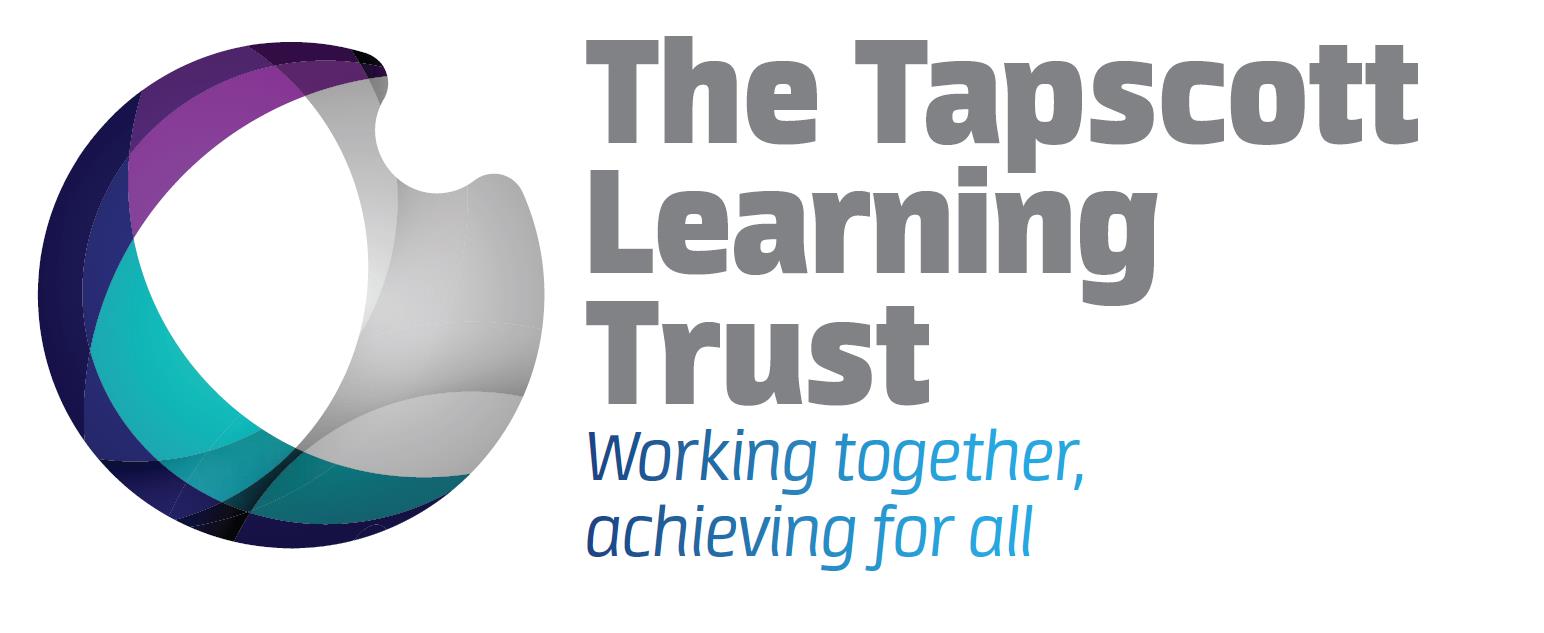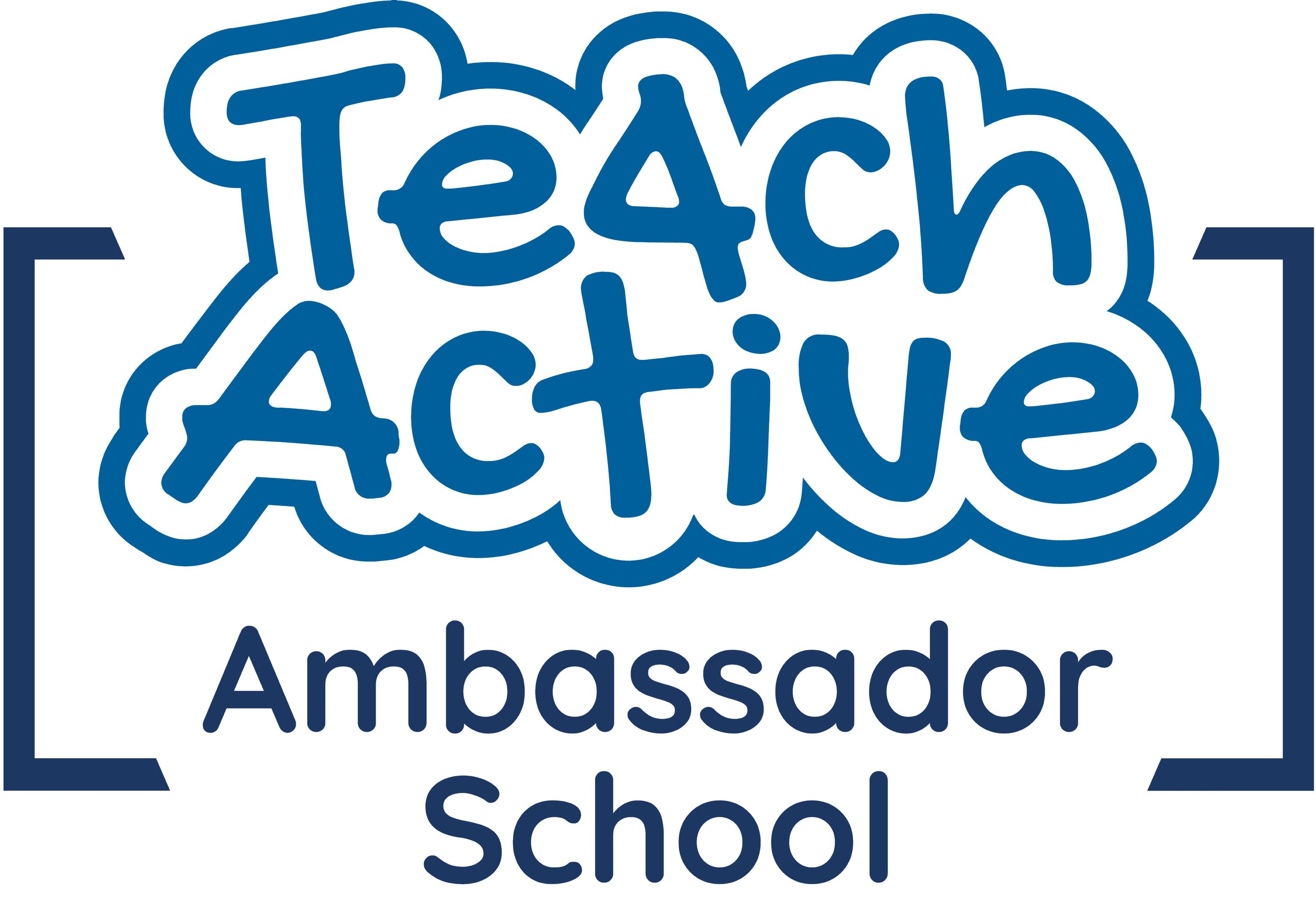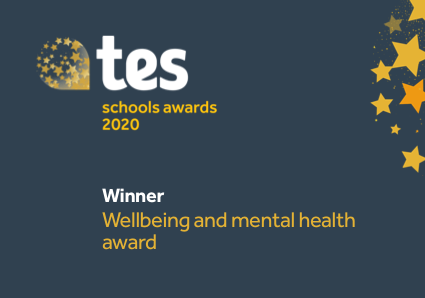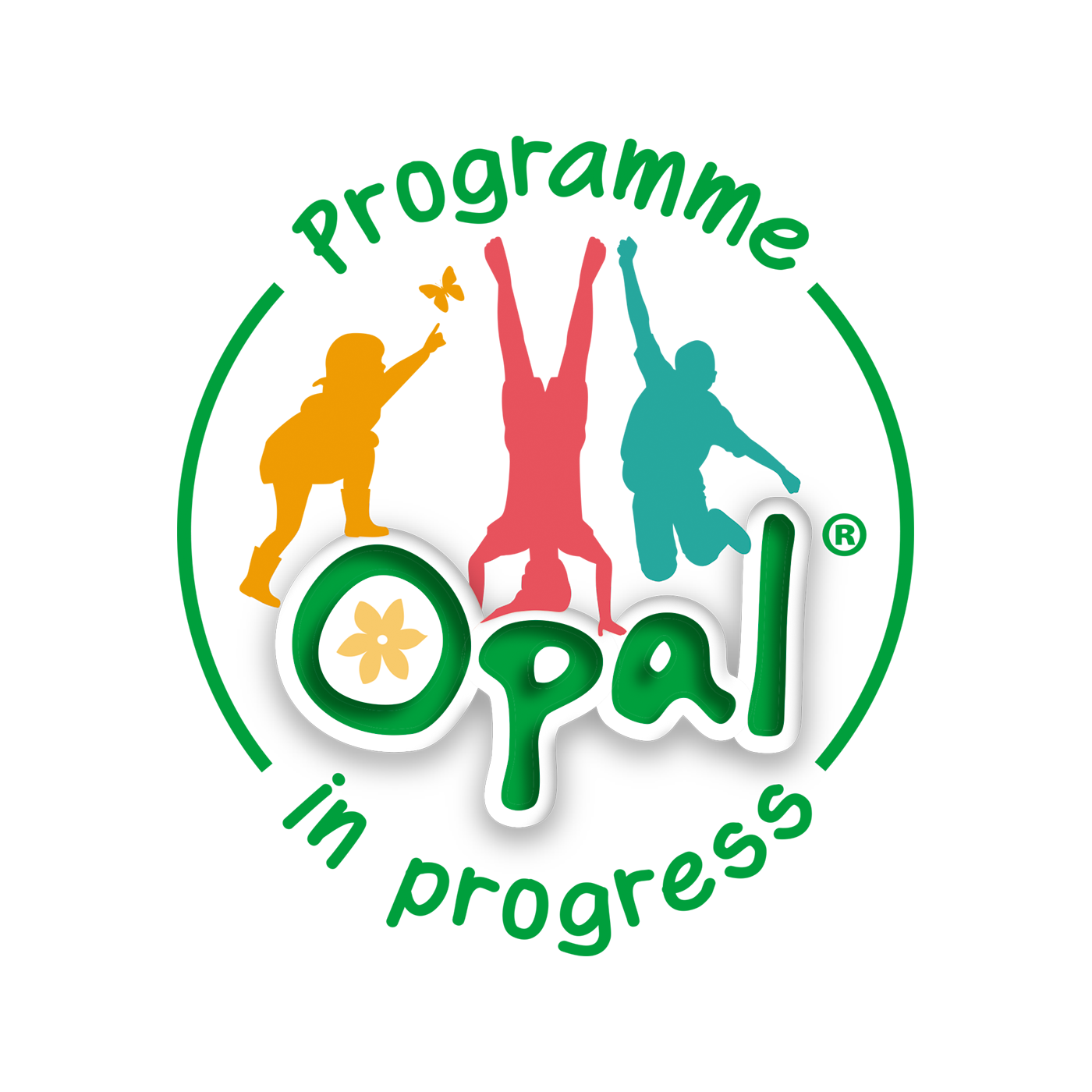English – Tips for promoting love of reading at home!

English – Tips for promoting love for reading at home
Why is reading important?
• Reading is an incredibly important part of your child’s emotional and intellectual development. Strong reading skills set your child up for success later in life in many ways.
1. Your child will learn new words and improve their knowledge of a language.
2. Reading increases your child’s ability to learn across all subjects
3. Hearing and reading stories helps your child to master concepts and deeper understand.
4. Reading helps your child to enhance their ability to concentrate and attention.
Word reading vs comprehension
• Reading is divided into 2 key areas; word recognition (the ability to read words fluently) and word comprehension (understanding of the words that are read in isolation or in context).
• Both go hand-in-hand and develop at the same time. We should be modelling reading to children before they can read on their own. These pre-reading experiences will develop their love for reading.
How to promote the love for reading?
1. Repetition is the key to fluency and confidence. Reading the book several times. Re-reading lets them hear and see the words / phrases enough times to help them think about the ideas of the book. Texts for older children might be difficult to repeat, but perhaps repetition of certain paragraphs would aid understanding.
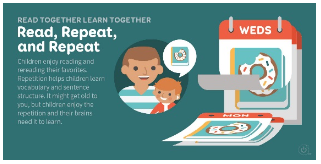
2. Reading to your child will help them enjoy the story without the pressure of decoding (reading). Children benefit from listening to stories with adventurous language that they cannot read yet. Take turns with reading. That way they can practise decoding and comprehend at the same time.
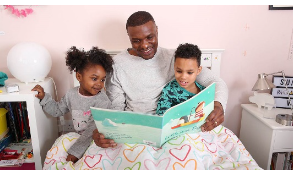
3. Make a routine for reading. Listening to them read every day is the best way you can help
them with their education and reading skills.

4. Help children decode. It can be disheartening when children come across words they cannot read, help them try with phonics and if they’re still not reading it correct, read the word and move on. It doesn’t need to be focused on and they will get disheartened.
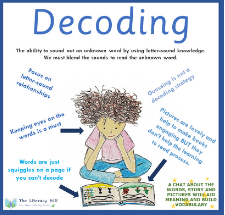
5. Make reading interactive. When you are reading to your child, get them involved. Encourage your child to join in with phrases, sound effects, characters' voices and actions. Make it a shared experience. Bonding, talking, acting and re-telling will help develop your child’s reading.
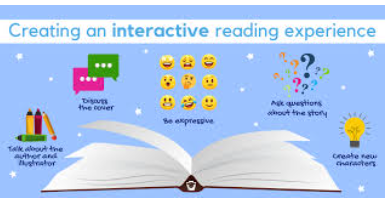
6. Read a wide range of texts. Choose a wide range of books, fiction, non-fiction, poetry, mysteries, classics, fairy tales, familiar characters and new experiences to broaden your child’s imagination. Remember any reading is still reading, whether it’s on a website, following a recipe, reading a leaflet etc. Visit the library rather than buying books.
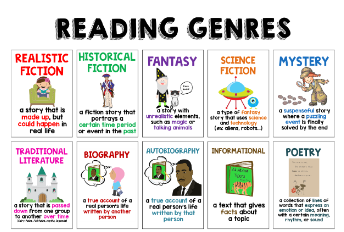
7. Talk about books, stories, words and pictures.
Asking your child questions can help develop their thinking and comprehension. If you can, get the children to go back to the text or picture to tell you how they know the answer. Talking about what is happening in a picture, or how a character is feeling/thinking or what might happen next are early reading skills.

8. Encourage and praise reading. Reading is challenging. A child will be using many different skills to read (decode) and understand. We must encourage and praise them to persevere with new texts. To maintain a positive attitude, they need to be praised even if you think they’re doing it too slow. Younger children may want rewards to encourage them like stickers. With older children, just being interested and asking them what they’ve read will encourage them to
keep reading.

9. Create a special space for reading. When reading, sometimes a child may want a quiet corner somewhere in the house, a special bean bag or even their cosy bed.


